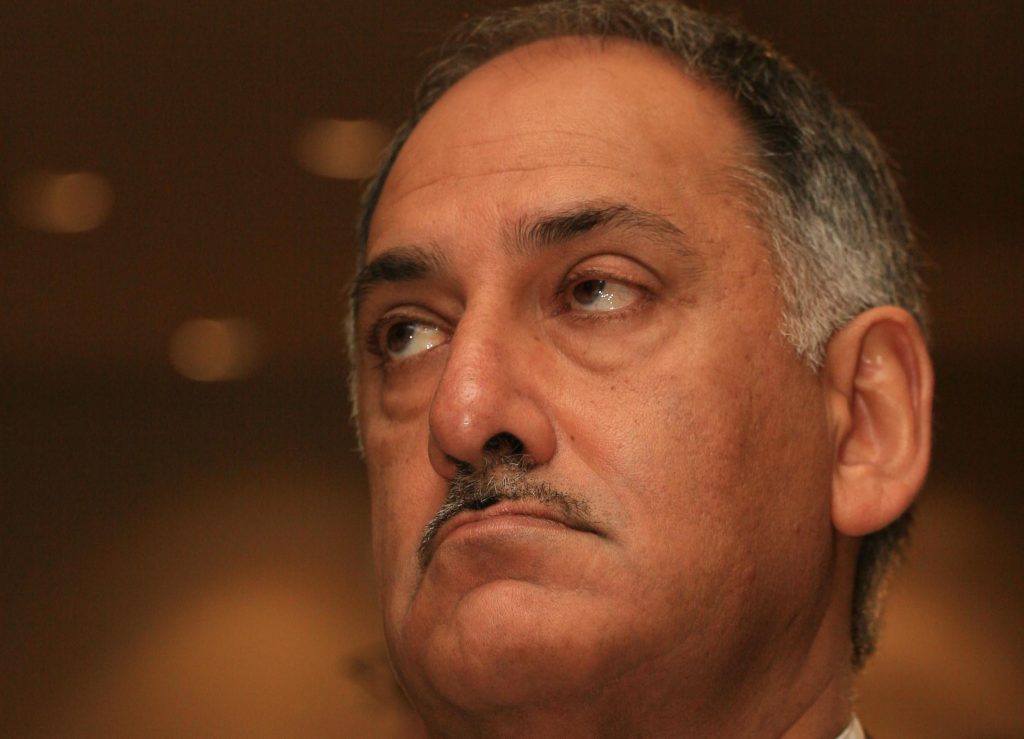You can also listen to this podcast on iono.fm here.
JEREMY MAGGS: Business Unity South Africa [Busa] is warning today that the taxi strike and the ongoing violence could potentially drag the country back to the dark days of the 2021 July riots. With me now is the chief executive officer of Business Unity South Africa, Cas Coovadia, welcome to you. Maybe let’s start off with the economic impact, if we can. What is it likely to be on the local and national economy if this continues?
CAS COOVADIA: Hi, Jeremy. Thanks for having me, and hi to your listeners. Ja, the economic impact, if it continues, can be severe. Already we are seeing significant impact as a result of disruption to business, absenteeism. The Cape Town Chamber of Commerce has done some work on this and retail motor industries reporting 50% workforce absenteeism, the fishing sector, 80%. The freight sector is reporting severe impacts because the airport and precinct around the airport has been blocked at times.
The port is working on a 60% attendance of workers, 40% absenteeism, which has a significant impact on shipping and so on.
So the impact is already severe at a time when our economy is not growing, at a time when business and government are trying to work together to address crime and corruption and logistics, amongst others, and this just takes us back significantly.
Over and above that, I think we need to note that at least five people have been reported to have died, and just over 456 000 learners are blocked from schools. So the impact is severe, and it’s something that this country does not need, particularly now, but does not need at any time.
JEREMY MAGGS: Cape Town’s working class and businesses, as you have mentioned, have been severely impacted. In your view, in Busa’s view, are there immediate solutions that can be implemented to alleviate the pressures that are being faced by them?
CAS COOVADIA: Well, I think that one, we’ve made an appeal to employers, to wherever employers can afford to lay out transport for their workers, they must do that. That commuters should not be intimidated from using other forms of transport. That’s a call that we made.
Other than that, I think that we don’t want to create an impression that says that we want this thing to be resolved in a way that law and order is not maintained. I think that nobody is above the law, and if the City of Cape Town acted legally in taking action against the taxi drivers or taxi owners who are operating substandard or faulty vehicles, which endangers the lives of commuters, and drivers with no licences and vehicles not registered and so on, then I think that’s action that the City of Cape Town needed to take.
Read/listen: Calm descends on Cape Town taxi strike [8 Aug]
But given the impact of that, I think that we would urge that some negotiations do continue, and some way be found to actually, at the very least, alleviate the situation through ensuring that violence is clamped down upon so that people can actually move about and go about their business, and that the interdict that the court has issued against the taxi association and against stopping them from intimidation, is applied and that the City of Cape Town actually has forces out to ensure that that is applied.
But negotiations need to continue, see what sort of solutions can be found for this. But it’s something that the City of Cape Town is dealing with. But we would also urge that national government doesn’t see this just as a municipal or provincial issue, but as an issue that has a national impact.
JEREMY MAGGS: You would’ve heard Santaco [South African National Taxi Council] saying to me that it has nothing to do with the violence that has erupted in parts of Cape Town. We have the death of a British doctor who inadvertently took a wrong turn. That is now the front page on all British newspapers. This also has a longer-term impact, doesn’t it, in terms of investment sentiment?
Read: British national among victims of deadly Cape Town taxi strike
CAS COOVADIA: Absolutely. We are doing everything we can at the moment to try and instil confidence amongst investors, and an incident like that, tragic incident, but an incident like that just pulls back all of the work we’re trying to do. Headlines like that just say that investors do not feel safe investing here. Tourists will not feel safe coming to Cape Town, which is a prime tourist destination, and it’s absolutely problematic for the country.
We need to begin to understand that we are competing for investment heavily. If we continue to not create an environment for investment, if we are not unequivocal about incidents like this, then investment goes elsewhere, and not too far from us, it goes just north of our borders to Kenya, to Ethiopia, to Rwanda, to Nigeria, to Ghana. This is absolutely problematic for the country and takes us back significantly and we are already at the precipice, and things like this just create serious crises.
JEREMY MAGGS: Cas Coovadia, thank you very much indeed.
Listen:
Western Cape taxi strike escalates
Cape taxi strike: Tourism players work to mitigate fallout

